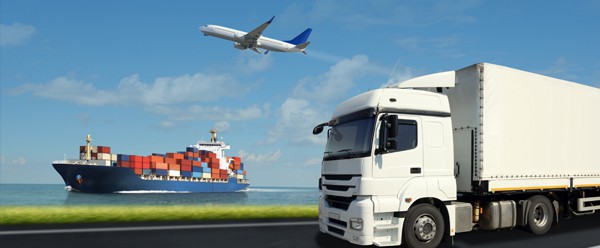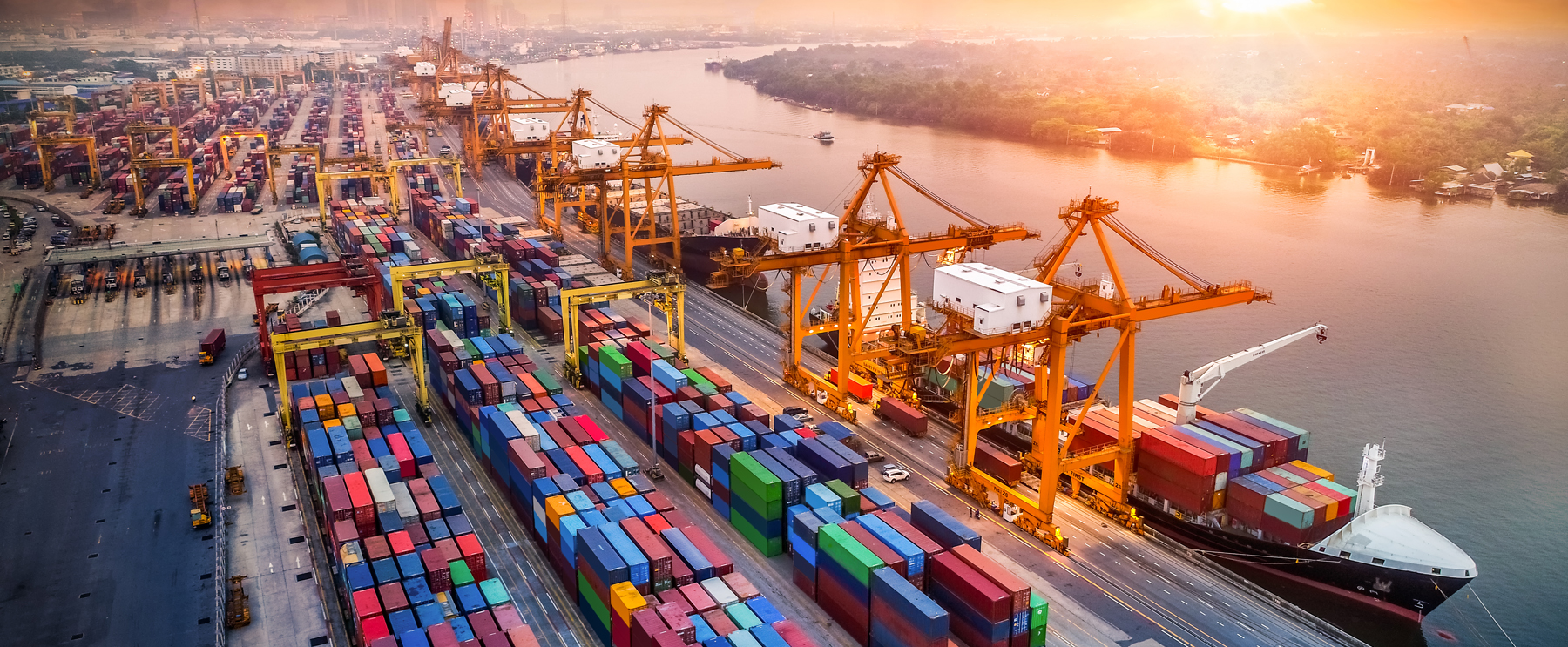The latest balance of trade figures show that Australia’s surplus surged to its highest monthly total on record in January. However, the real good news was hidden a little further down the statistical bulletin: both exports and imports rose at the start of 2019, and that is great for business.
The popular media like to focus on the benefits of exports: everyone can see why selling more of our goods and services to the rest of the world is a positive thing. However, there is often concern when the balance of trade turns to deficit – ie, when Australia imports a higher value of goods and services than it sells in a given month.
In fact, economists generally believe that a strong imbalance of trade in either direction is unsustainable in the long term, but the good news is that these things tend to balance themselves out in a positive way. Think of it this way: if we buy a lot of things from abroad, then the world earns a whole lot of Aussie dollars. In the long run, there is only one thing they can do with that, and that is to spend them on Australian products. Of course, they could also buy land or invest in companies, but even that ultimately amounts to the same thing: economic growth for everyone.
Businesses Benefit from Trade
On an individual basis, businesses also stand to benefit from international trade, both in terms of imports and exports.
The benefits of exporting are clear enough: the market for any given niche is limited, and clearly there are far more sales opportunities globally that if you only consider your domestic market. The advantages may go even further, however: a niche could be crowded at home, but demand for the same product could be going unfulfilled elsewhere. By targeting countries where demand outstrips supplies, businesses can charge higher prices and make significantly larger profits.
One drawback to exporting is the cash flow implication: shipping costs will be higher, it may take longer to get paid, and of course there are currency fluctuations to worry about. All this, however, can be effectively offset by the smart use of Export Finance.
Importing is also hugely beneficial to individual manufacturers, wholesalers and companies that use expensive equipment or supplies, such as healthcare providers. Not only can they access raw materials or equipment that isn’t available at home, but they can often find cost savings overseas too. Again, all they need to get started is some smart Import Finance to iron out the cash flow, forex and logistical issues.
For example, it may be cheaper to manufacture some goods in China. Contrary to popular belief, this is not always a negative for Australian manufacturers – by concentrating on the high-value-added products that they are best at, they can make higher margins than by using their resources for products that Asia can make for less.
Trade Finance for Every Need
Figures showing that imports rose 3% and exports 5% in January represent a great start to the year – and show that business is determined to enjoy the benefits of international trade despite the attempts by certain politicians to put barriers in the way.
Australia is still classed as the fifth freest economy in terms of trade, and we believe this is a real opportunity for businesses based here. However, they will only be able to enjoy the benefits if they have suitable funding to support them in importing and exporting.
OptiPay offers a variety of smart Trade Finance solutions for both importing and exporting of product. We’d be delighted to help your business maximise its global potential by implementing such funding solutions.
Get tomorrow’s cash flow today.
Who is OptiPay?
OptiPay, one of Australia’s leading business finance providers, has been dedicated to helping small business owners solve cash flow challenges for over a decade and has provided $1.5 billion in business funding to more than 500 Australian businesses. OptiPay specialises in modern financing solutions such as invoice factoring, invoice finance, debtor finance, and lines of credit. OptiPay’s mission is to support business growth providing liquidity in as little as 24 hours, ensuring they have access to tomorrow’s cash flow today. This rapid access to funds helps businesses maintain smooth operations and seize growth opportunities without the stress of cash flow constraints. At OptiPay, we believe that healthy cash flow is the lifeblood of any successful business. Our commitment to helping businesses overcome financial hurdles and achieve their growth ambitions has solidified our reputation as a trusted partner in the business finance sector. Whether you are looking to stabilise your cash flow, expand your operations, or navigate financial challenges, OptiPay is here to support your journey with innovative and efficient financing solutions.



